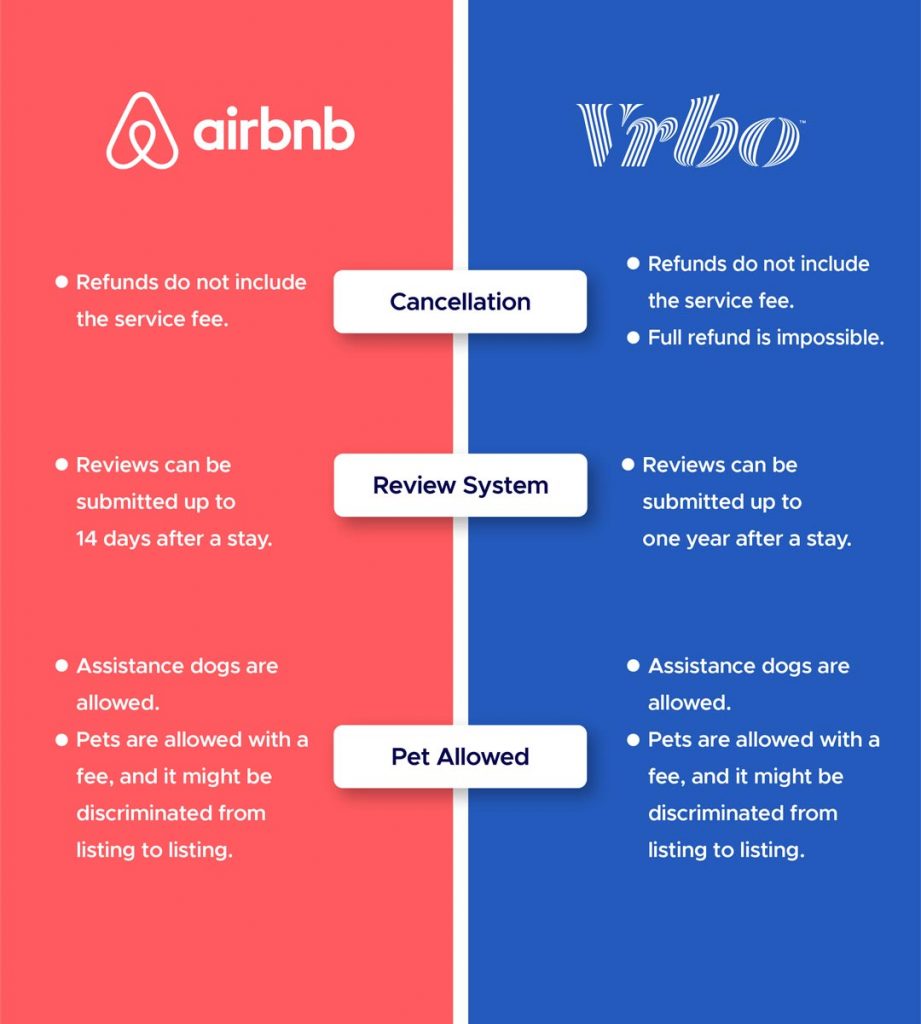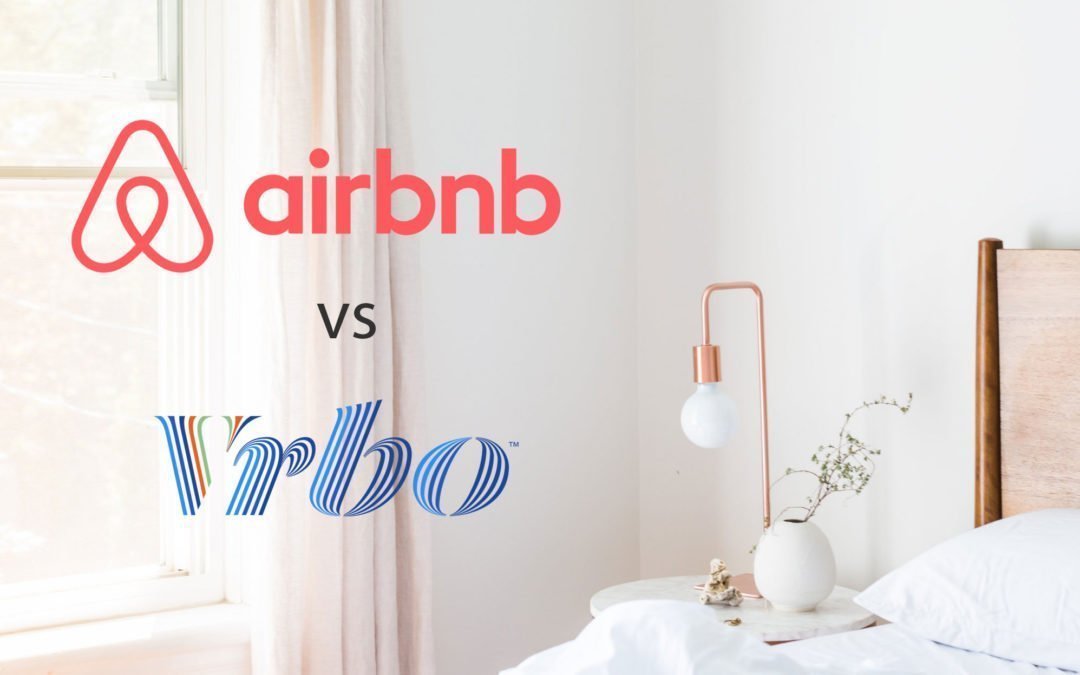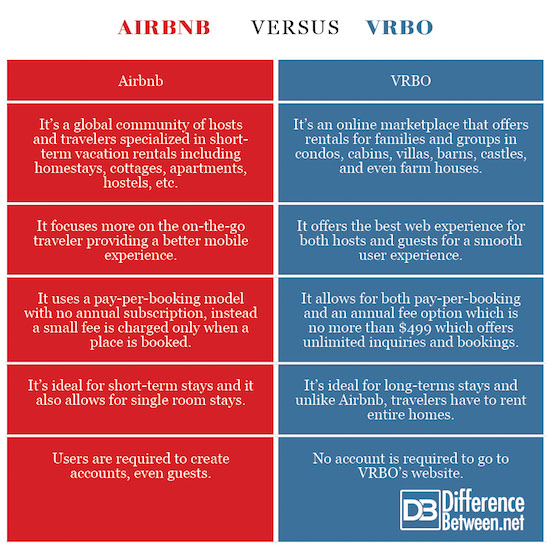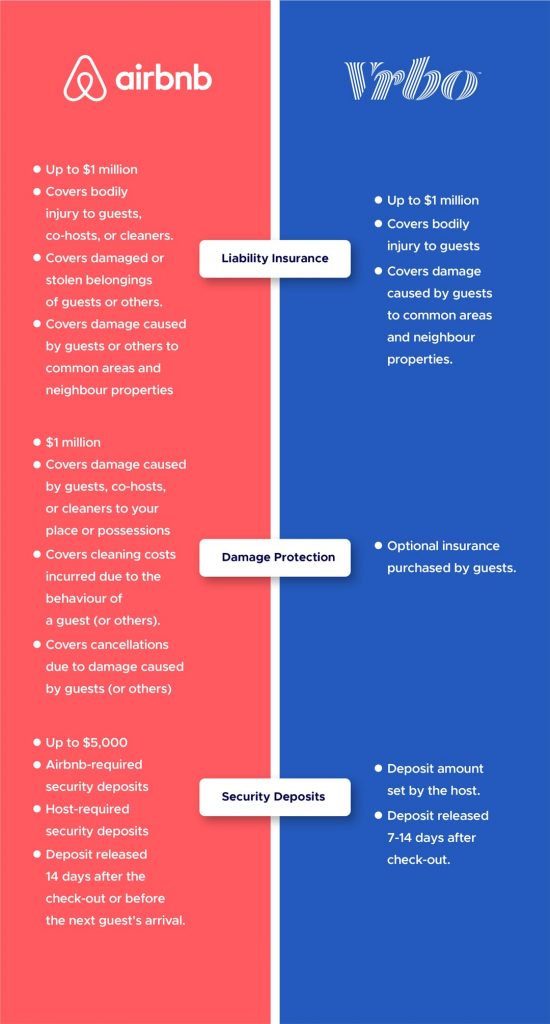Understanding the World of Vacation Rentals
The concept of vacation rentals has revolutionized the way people travel and experience new destinations. With the rise of online platforms, travelers can now easily find and book a wide range of properties, from cozy apartments to luxurious villas. The popularity of vacation rentals has grown significantly over the years, and it’s estimated that the global market will continue to expand in the coming years. One of the primary reasons for this growth is the increased options and flexibility that vacation rentals offer compared to traditional hotels.
Unlike hotels, vacation rentals provide travelers with the opportunity to experience a destination like a local. With a wider range of properties available, travelers can choose from various locations, amenities, and price points to suit their needs. Additionally, vacation rentals often offer more space and amenities than traditional hotels, making them an attractive option for families, groups, and travelers seeking a home-away-from-home experience.
When it comes to choosing a vacation rental platform, travelers are often faced with the dilemma of selecting between VRBO and Airbnb. Both platforms have their unique features and strengths, and understanding the difference between them is crucial in making an informed decision. In this article, we will delve into the world of vacation rentals and explore the key differences between VRBO and Airbnb, helping travelers make the most of their vacation rental experience.
VRBO vs Airbnb: What’s the Difference?
VRBO (Vacation Rentals by Owner) and Airbnb are two of the most popular vacation rental platforms in the world. While both platforms offer a wide range of properties, they have distinct histories, features, and strengths. Understanding the difference between VRBO and Airbnb is crucial in making an informed decision when choosing a vacation rental platform.
VRBO was founded in 1995 by David Clouse, and it was one of the first online vacation rental platforms. Initially, the platform focused on renting out properties by their owners, hence the name “Vacation Rentals by Owner.” Over the years, VRBO has evolved to include a wide range of properties, from apartments to villas, and has become a leading player in the vacation rental market.
Airbnb, on the other hand, was founded in 2008 by Brian Chesky and Joe Gebbia. The platform started as a small operation, renting out air mattresses in the founders’ apartment, but quickly grew to become one of the largest vacation rental platforms in the world. Airbnb’s unique feature is its focus on community and social interaction, allowing guests to connect with hosts and experience the local culture.
One of the key differences between VRBO and Airbnb is their business model. VRBO operates on a subscription-based model, where property owners pay an annual fee to list their properties on the platform. Airbnb, on the other hand, operates on a commission-based model, where the platform takes a percentage of the booking fee from each transaction.
Another difference between the two platforms is their target audience. VRBO tends to cater to families and groups, offering a wide range of properties that can accommodate large numbers of guests. Airbnb, on the other hand, has a more diverse range of properties, including shared accommodations and unique experiences, which appeal to solo travelers and couples.
How to Choose Between VRBO and Airbnb: Factors to Consider
When deciding between VRBO and Airbnb, there are several factors to consider. One of the most important factors is the type of property you are looking for. VRBO tends to have a wider range of properties, including apartments, houses, and villas, while Airbnb has a more diverse range of properties, including shared accommodations and unique experiences.
Another factor to consider is pricing. Both VRBO and Airbnb offer competitive pricing, but the fees and charges can vary. VRBO charges a service fee to guests, while Airbnb charges a guest service fee and a host service fee. It’s essential to calculate the total cost of a booking on each platform to ensure you’re getting the best deal.
Location is also a crucial factor to consider. Both VRBO and Airbnb have properties in various locations around the world, but the availability of properties can vary. VRBO tends to have more properties in popular destinations, while Airbnb has a stronger presence in urban areas.
When evaluating each platform’s offerings, consider the following tips:
- Read reviews and ratings from previous guests to get an idea of the property’s quality and the host’s responsiveness.
- Check the property’s amenities and services, such as Wi-Fi, laundry facilities, and cleaning services.
- Look for properties with a clear and detailed description, including photos and videos.
- Compare prices and fees on both platforms to ensure you’re getting the best deal.
By considering these factors and tips, you can make an informed decision when choosing between VRBO and Airbnb. Remember to prioritize your needs and preferences, and don’t hesitate to reach out to the host or platform’s customer support if you have any questions or concerns.
VRBO vs Airbnb: Property Options and Availability
When it comes to property options and availability, both VRBO and Airbnb offer a wide range of choices. However, there are some differences in the types of properties available on each platform.
VRBO tends to have a larger selection of properties, including apartments, houses, and villas. They also have a stronger presence in popular destinations, such as beach towns and ski resorts. Additionally, VRBO offers a wider range of property types, including condos, townhouses, and cabins.
Airbnb, on the other hand, has a more diverse range of properties, including shared accommodations and unique experiences. They also have a stronger presence in urban areas, with a wide selection of apartments and rooms available for rent. However, Airbnb’s property selection can be more limited in certain areas, particularly in rural or remote locations.
In terms of availability, both platforms offer a wide range of properties available for booking. However, VRBO tends to have more properties available for longer-term rentals, while Airbnb has more properties available for shorter-term rentals.
When searching for properties on either platform, it’s essential to use the filters and search tools to narrow down your options. Both VRBO and Airbnb offer filters for location, price, and property type, making it easy to find the perfect property for your needs.
Additionally, both platforms offer features such as maps and calendars to help you visualize the location and availability of properties. VRBO also offers a feature called “Property Manager” which allows you to search for properties managed by a specific property manager.
Overall, both VRBO and Airbnb offer a wide range of property options and availability. However, the types of properties and the availability can vary depending on the location and the time of year.
Pricing and Fees: A Comparison of VRBO and Airbnb
When it comes to pricing and fees, both VRBO and Airbnb have different structures. Understanding these differences is crucial to making an informed decision when booking a vacation rental.
VRBO charges a service fee to guests, which ranges from 3% to 5% of the booking total. This fee is used to cover the costs of processing payments and providing customer support. Additionally, VRBO charges a payment processing fee of 2.9% + $0.30 per transaction.
Airbnb, on the other hand, charges a guest service fee of 0% to 2% of the booking subtotal. This fee is used to cover the costs of providing customer support and maintaining the platform. Additionally, Airbnb charges a host service fee of 3% of the booking subtotal, which is used to cover the costs of processing payments and providing customer support.
In addition to service fees, both platforms also charge cleaning fees and security deposits. Cleaning fees vary depending on the property and location, but typically range from $50 to $200. Security deposits are also variable, but typically range from $100 to $500.
To calculate the total cost of a booking on each platform, it’s essential to factor in all of these fees. Here’s an example of how to calculate the total cost of a booking on VRBO and Airbnb:
- VRBO: Booking total + service fee (3% to 5%) + payment processing fee (2.9% + $0.30 per transaction) + cleaning fee + security deposit
- Airbnb: Booking subtotal + guest service fee (0% to 2%) + host service fee (3%) + cleaning fee + security deposit
By understanding the pricing and fee structures of VRBO and Airbnb, you can make an informed decision when booking a vacation rental. Remember to factor in all of the fees when calculating the total cost of a booking, and don’t hesitate to reach out to the host or platform’s customer support if you have any questions or concerns.
Guest Reviews and Ratings: Building Trust on VRBO and Airbnb
Guest reviews and ratings are a crucial aspect of vacation rental platforms, as they help build trust between hosts and guests. Both VRBO and Airbnb have implemented review systems to ensure that guests can make informed decisions when booking a property.
On VRBO, guests can leave reviews and ratings for properties they have stayed at, which helps other guests make informed decisions. VRBO also has a “Verified Review” system, which ensures that reviews are from actual guests who have stayed at the property.
Airbnb also has a review system, which allows guests to leave reviews and ratings for properties they have stayed at. Airbnb’s review system is more comprehensive, as it allows guests to rate properties based on cleanliness, communication, and overall experience.
When evaluating guest reviews and ratings, it’s essential to consider the following factors:
- Look for reviews from multiple guests to get a well-rounded view of the property.
- Check the dates of the reviews to ensure they are recent and relevant.
- Read the reviews carefully to get a sense of the property’s strengths and weaknesses.
- Check the host’s response to reviews, as this can indicate their level of customer service.
By considering these factors, you can make an informed decision when booking a property on VRBO or Airbnb. Remember that guest reviews and ratings are just one aspect of the booking process, and it’s essential to also consider other factors such as pricing, location, and amenities.
Host and Property Management: What to Expect from VRBO and Airbnb
When it comes to host and property management, both VRBO and Airbnb offer different services and support. Understanding these differences can help you make an informed decision when choosing a vacation rental platform.
VRBO offers a range of host services, including customer support, property maintenance, and dispute resolution. VRBO’s customer support team is available 24/7 to assist with any issues or concerns. Additionally, VRBO offers a property management service, which allows hosts to manage their properties and bookings through a single platform.
Airbnb also offers a range of host services, including customer support, property maintenance, and dispute resolution. Airbnb’s customer support team is available 24/7 to assist with any issues or concerns. Additionally, Airbnb offers a property management service, which allows hosts to manage their properties and bookings through a single platform.
However, there are some key differences in the host and property management services offered by VRBO and Airbnb. For example, VRBO offers a more comprehensive property management service, which includes features such as automated pricing and availability management. Airbnb, on the other hand, offers a more streamlined property management service, which is designed to be easy to use and navigate.
When evaluating the host and property management services offered by VRBO and Airbnb, it’s essential to consider the following factors:
- Look for platforms that offer 24/7 customer support to ensure that any issues or concerns are addressed promptly.
- Consider the level of property management support offered by each platform, including features such as automated pricing and availability management.
- Read reviews and ratings from other hosts to get a sense of the level of support and service offered by each platform.
By considering these factors, you can make an informed decision when choosing a vacation rental platform. Remember that host and property management services are just one aspect of the booking process, and it’s essential to also consider other factors such as pricing, location, and amenities.
Conclusion: Making the Most of Your Vacation Rental Experience
In conclusion, the difference between VRBO and Airbnb is significant, and understanding these differences is crucial to making an informed decision when choosing a vacation rental platform. Both platforms offer unique features and strengths, and the right choice for you will depend on your specific needs and preferences.
When choosing between VRBO and Airbnb, consider the following tips:
- Think about the type of property you need, and choose the platform that offers the most options in your desired location.
- Compare the pricing and fees on each platform, and choose the one that offers the best value for your money.
- Read guest reviews and ratings to get a sense of the quality of the properties and the level of customer service offered by each platform.
- Consider the host and property management services offered by each platform, and choose the one that best meets your needs.
By following these tips, you can make the most of your vacation rental experience, regardless of which platform you choose. Remember to always do your research, read reviews and ratings, and ask questions before making a booking.
Whether you choose VRBO or Airbnb, the key to a successful vacation rental experience is to be informed, prepared, and flexible. With the right mindset and the right platform, you can have a wonderful and memorable vacation rental experience.






.jpg)
